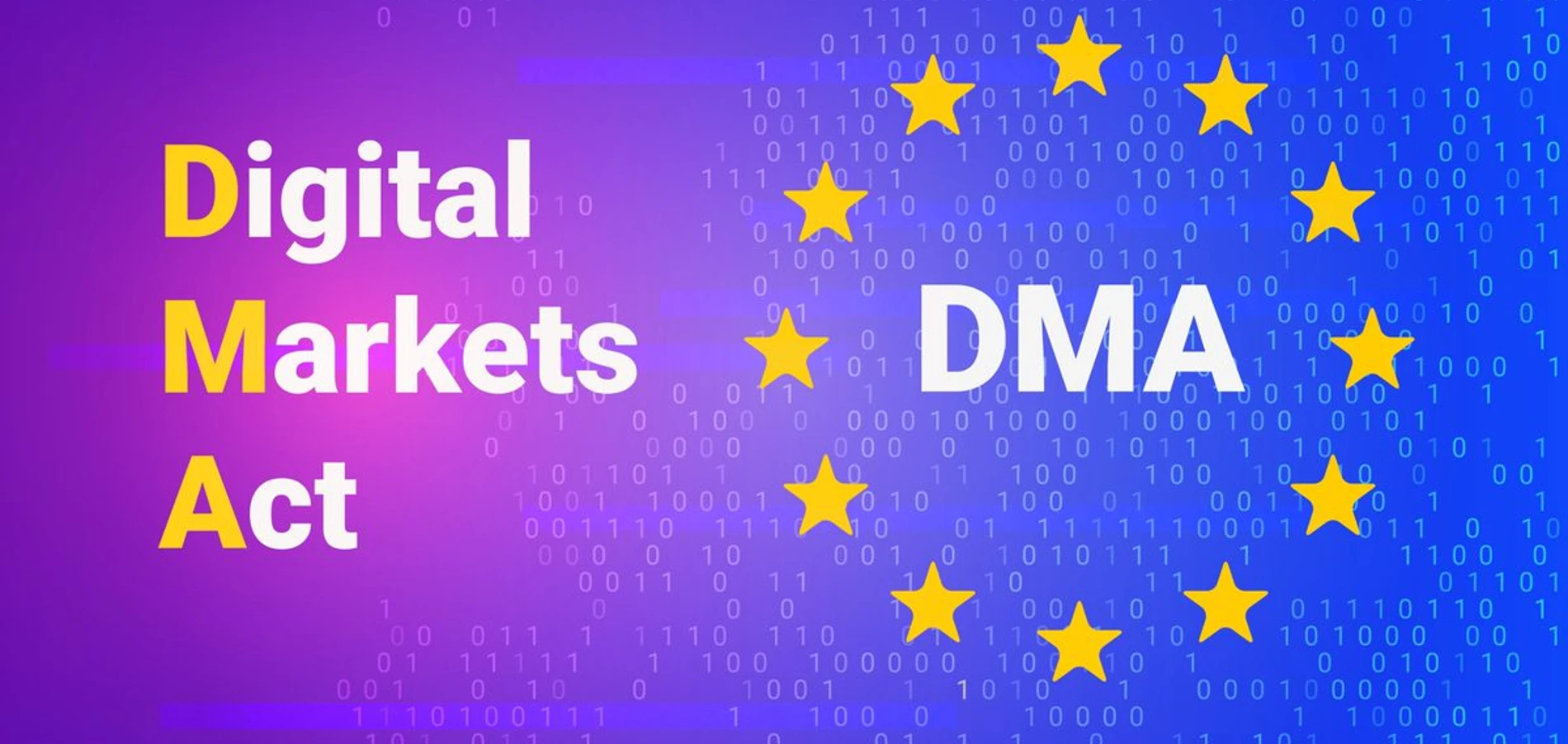In an agreement brokered Thursday evening, negotiators from the European Parliament and the Council reached a political agreement on the Digital Markets Act, which establishes a series of prohibitions and obligations for companies including Apple, Google, Meta, Microsoft, Amazon, and a number of smaller platforms.
The law targets so-called “gatekeeper” companies, businesses that have a market capitalization of €75 billion (£62bn), or have an annual turnover of at least €7.5 billion (£6.2bn) and at least 45 million monthly end users and 10,000 business users in the EU.
“The Digital Markets Act puts an end to the ever-increasing dominance of Big Tech companies,” lead MEP Andreas Schwab said.
“From now on, Big Tech companies must show that they also allow for fair competition on the internet.”
“The new rules will help enforce that basic principle. The time of long antitrust cases is over during which the authorities were lagging behind the big tech companies.
Europe is thus ensuring more competition, more innovation and more choice for users.”
The new rules for so-called gatekeeper platforms, derived from years of antitrust enforcement in the digital economy, include restrictions on combining personal data from different sources, mandates to allow users to install apps from third-party platforms, prohibitions on bundling services, and a prohibition on self-preferencing practices.
Parliament also succeeded in convincing the Council of interoperability requirements for messaging services, meaning outfits such as WhatsApp, Facebook Messenger or iMessage will have to open up and interoperate with smaller messaging platforms. For group chats, this requirement will be rolled out over a period of four years.
The businesses covered by the DMA have been issued a declarative list of “dos and don’ts” to comply with.
The Law will Require Gatekeepers to:
- Ensure users can unsubscribe from core platform services similar to other subscriptions
- Not require their versions of the most important software (eg web browsers) be default upon installation
- Ensure their instant messaging services’ basic functionalities are interoperable with others
- Allow app developers fair access to the supplementary functionalities of smartphones (e.g. NFC chip)
- Give sellers access to marketing and advertising performance data on their platform
- Inform the European Commission of their acquisitions and mergers
The Law will Ban Gatekeepers from:
- Ranking their own products or services higher than those of others (self-preferencing)
- Reuse private data collected during a service for the purposes of another service
- Establish unfair conditions for business users
- Pre-install certain software applications
- Require app developers to use certain services (e.g. payment systems or identity providers) in order to be listed in app stores
Penalties for breaching the rules can be up to 10 percent of annual worldwide turnover in the case of first infringements, and even up to 20 percent in the case of repeated infringements.
In cases where an offender “systematically fails to comply”, defined as three violations within eight years, the law allows the European Commission to “impose behavioural or structural remedies”.
Parliament was also successful in its call to get web browsers and virtual assistants into the scope of core platform services.
The Commission, as lead enforcer of the rules, is now tasked with staffing the relevant services that will be involved in the designation procedures, as well as preparing to enforce the obligations and the prohibitions, which become applicable later this year.
The DMA now needs to be formally approved by the European Parliament and the relevant ministers from member states.
It is expected to be approved within the next six months, concluding one of the most rapid acts of legislation the bloc has ever put together having only been proposed in December 2020.
How will the DMA affect tech giants?
The DMA sets out the European approach to several major competition controversies, but all revolve around how the largest technology companies operate their platforms, whether those are retail platforms like the Apple App Store or Amazon.
The law will result in major changes for messaging apps. WhatsApp could be required to offer a way for users of rival services like Signal or Telegram to send and receive messages to somebody using WhatsApp. Those rival services would have the option to make their products interoperable with WhatsApp.
Apple and Google, which make the operating systems that run on nearly every smartphone, would be required to loosen their grip. Apple will have to allow alternatives to its App Store for downloading apps, a change the company has warned could harm security.
The law will also let companies such as Spotify and Epic Games use payment methods other than Apple’s in the App Store, which charges a 30 percent commission.
The largest sellers of online advertising, Meta and Google, will see new limits for offering targeted ads without consent. Such ads — based on data collected from people as they move between YouTube and Google Search, or Instagram and Facebook — are immensely lucrative for both companies.
A spokesperson for Apple said:
“We remain concerned that some provisions of the DMA will create unnecessary privacy and security vulnerabilities for our users while others will prohibit us from charging for intellectual property in which we invest a great deal.
“We believe deeply in competition and in creating thriving competitive markets around the world, and we will continue to work with stakeholders throughout Europe in the hopes of mitigating these vulnerabilities,” they added.
A spokesperson for Amazon said:
“Amazon is reviewing what the DMA means for the company, its customers, and its partners.”
A Google spokesperson said.
“While we support many of the DMA’s ambitions on consumer choice and interoperability, we remain concerned about the potential risks to innovation and the variety of choices available to Europeans,”
Meta and Microsoft declined to comment.



